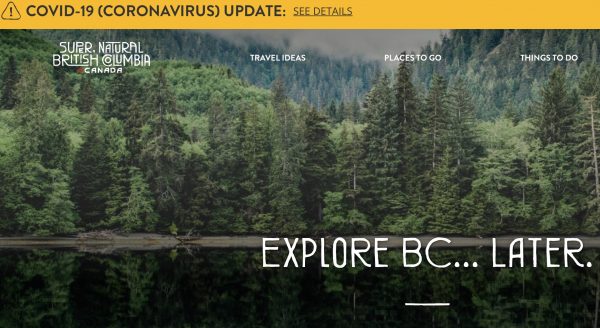
Canada is keeping its border closed to non-essential travel until at least May 21. Most northbound Alaskans who arrive at a Lower 48 crossing are being admitted, says U.S. Sen. Dan Sullivan, but they need to steer clear of Canadians.
“They are allowing trailers and RVs through, to return to Alaska,” he said. “You have to show your, you know, documents that indicate you’re going home.”
Get the latest coverage of the coronavirus, culture and the economy in Alaska.
Like Alaska, Canada requires 14-days of quarantine on arrivals. It is not generally imposed on Alaskans in transit. But there’s a caveat : Sullivan said drivers need to be “self-contained,” with all the supplies they need so they won’t have to buy anything in Canada other than fuel at gas stations.
“No grocery stores, no hotels, no drive-throughs, supposedly no interacting with any Canadians, and there are fines and jail time that you could bump up against if you don’t abide by that,” he said.
It takes several days to drive between Washington State and Alaska. Sullivan says Alaskans traveling in campers will have an easier time of it.
“If you’re just in a car, you need to be prepared to just keep driving, and, you know, have the appropriate gear, sleep in your car, as well as have all the food and water supplies,” he said.
Canada is not admitting Americans for sightseeing or recreational travel. As one British Columbia tourism site puts it, “Explore B.C. … later”
Liz Ruskin is the Washington, D.C., correspondent at Alaska Public Media. Reach her at lruskin@alaskapublic.org. Read more about Liz here.





